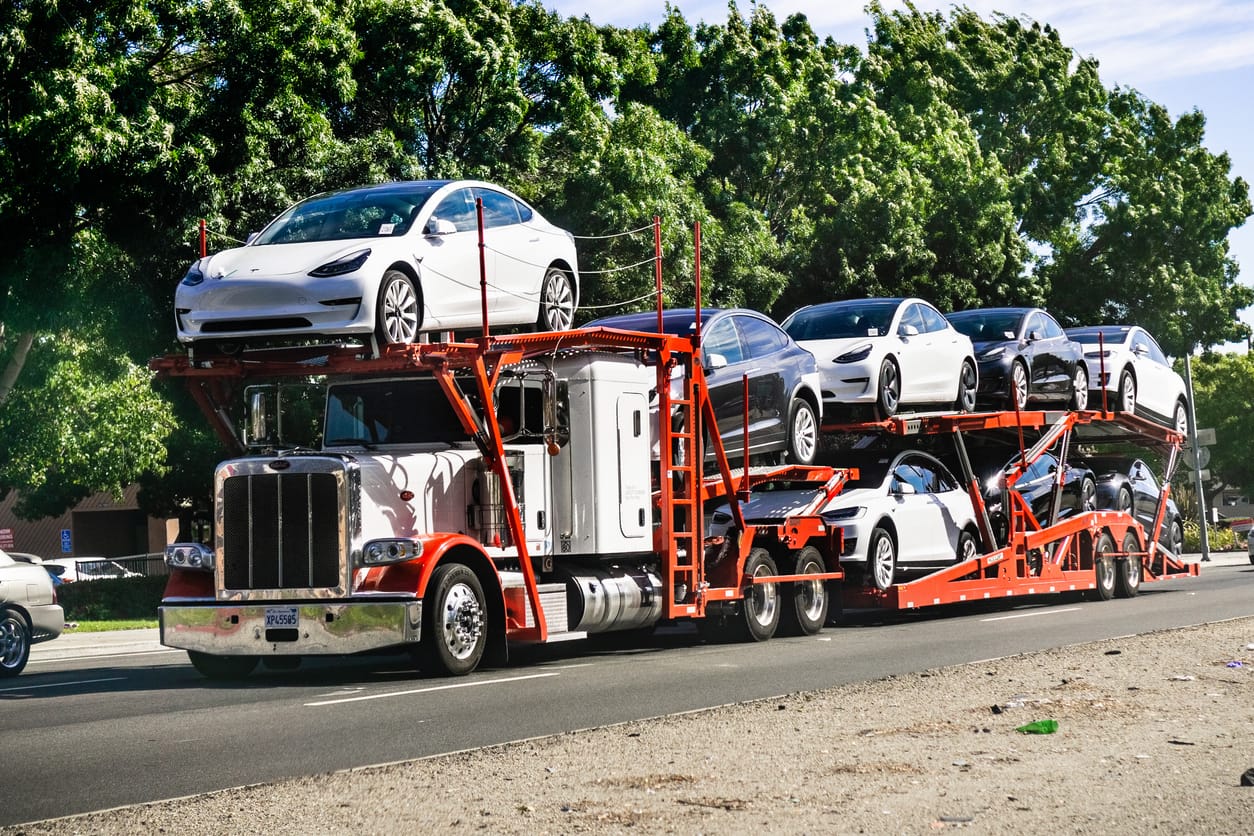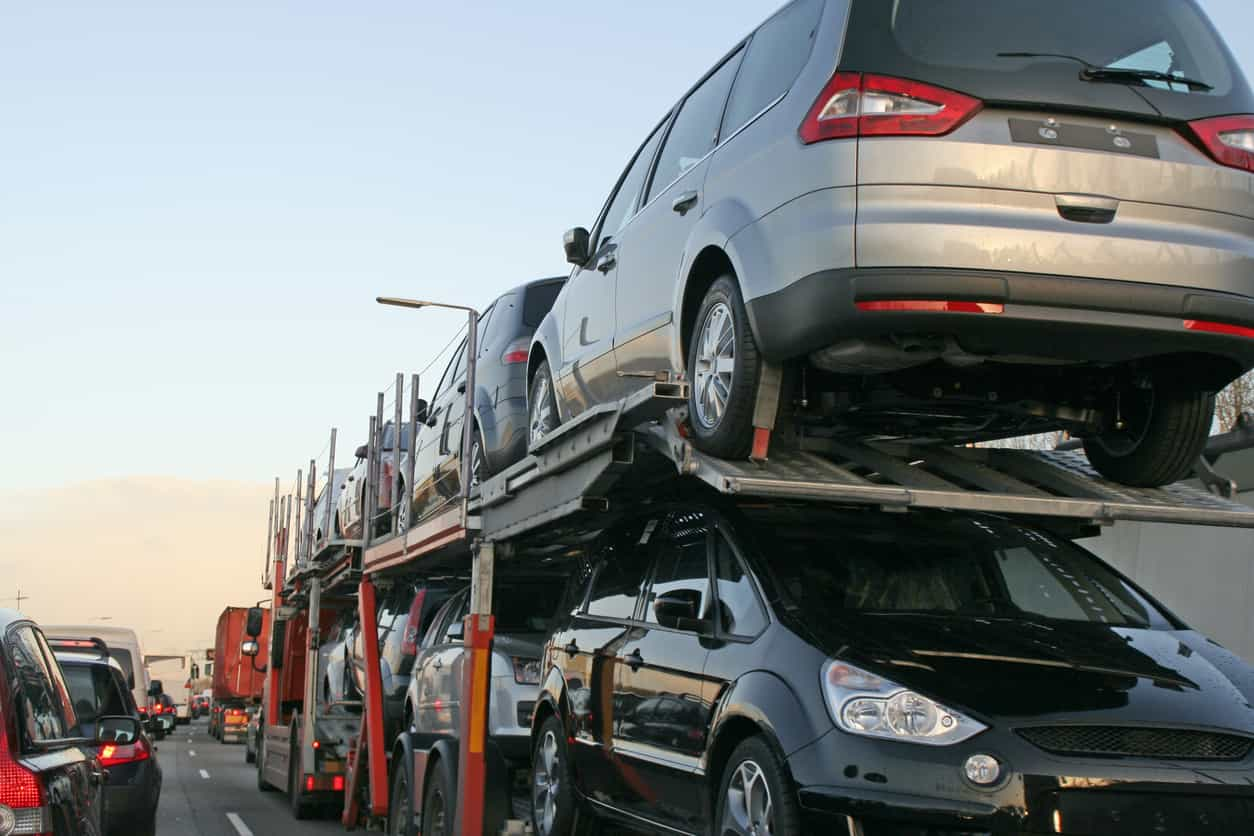Introduction: Navigating the New Landscape
Climate change is an escalating crisis that shakes the roots of our societal norms. Our environment transforms, and in tandem, the industries nested within it adapt. A prime example of this relationship is the car shipping industry in the United States. This industry now navigates an environment far more hostile and unpredictable than in the past.
The Altered Terrain: Understanding the Direct Impact of Climate Change on Transportation Routes
Climate change manifests itself through volatile weather patterns, and these fluctuations significantly impact transport routes.
Piercing Storms and the Sea Route Dilemma
Oceanic shipping routes, often used to transport cars between states, face the wrath of intensified hurricanes and tumultuous seas. These adverse conditions increase the risk of delays, damage, and even loss of cargo. Moreover, rising sea levels threaten port infrastructures, further disrupting this sector of car shipping.
The Scorching Highways: The Problem of Overland Shipping
Land routes are not immune either. Excessive heat, frequent wildfires, and unpredictable storms compromise the safety and efficiency of overland car shipping. Roads buckle under high temperatures, wildfires block key transport routes, and heavy rain or snow can make roads impassable.
The Ripple Effect: The Secondary Impacts of Climate Change
Climate change’s reach extends beyond the direct impacts on transportation routes. It indirectly influences the car shipping industry by affecting car manufacturing and consumer behavior.
The Manufacturing Maze: Increased Cost and Delayed Delivery
Extreme weather events disrupt raw material supply chains, leading to increased production costs and delayed delivery times. These repercussions ripple through to the car shipping industry, causing reduced demand and irregular shipping schedules.
The Consumer Shift: Embracing Sustainability
More and more consumers are embracing sustainability, pushing for electric vehicles (EVs) over conventional gas-guzzling cars. As EV popularity grows, the car shipping industry must adapt to these new models, which require different handling and charging facilities during transport.
Adaptation Strategies: The Industry’s Response to Climate Change
Despite the significant challenges posed by climate change, the car shipping industry is not passive. It is continually adapting and innovating to survive and thrive in this changing environment.
The Green Transition: Embracing Sustainable Practices
Many car shipping companies are embracing sustainable practices. They are shifting towards more fuel-efficient ships and trucks, optimizing routes for better fuel economy, and implementing advanced weather tracking systems to safely navigate the increasingly volatile weather.
The EV Adaptation: Meeting the Demand for Electric Cars
To meet the rising demand for EVs, shipping companies are retrofitting their transport vehicles with charging infrastructure. Companies are also investing in training their staff on handling and transporting these new types of vehicles.
Conclusion: The Road Ahead
The car shipping industry, like many others, finds itself at the mercy of climate change. The challenges are manifold, from direct impacts on shipping routes to secondary effects on car manufacturing and consumer behavior. Despite these hurdles, the industry is proactively adapting, shifting towards greener practices and readying itself for the future of transportation. As the climate continues to change, the resilience and innovation demonstrated by this industry will define its journey forward.
Frequently Asked Questions
1. How does climate change affect the delivery timeline in car shipping?
Climate change, through more frequent and severe weather events, can cause unexpected delays in car shipping. Shipping companies are, however, investing in advanced weather tracking systems and route optimization to mitigate these delays as much as possible.
2. Are car shipping companies adapting to the increase in electric vehicle popularity?
Yes, in response to growing consumer demand for electric vehicles, car shipping companies are retrofitting their vehicles with charging infrastructure and providing specialized training to their staff to handle these cars.





